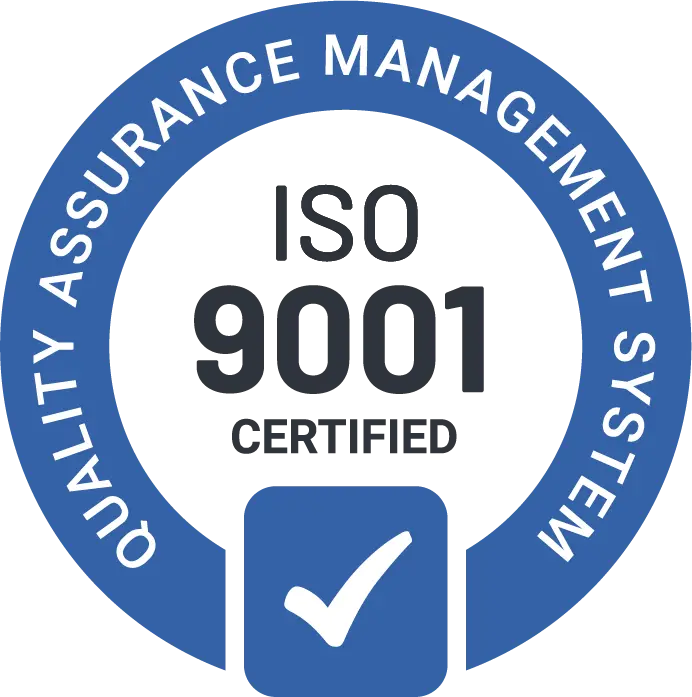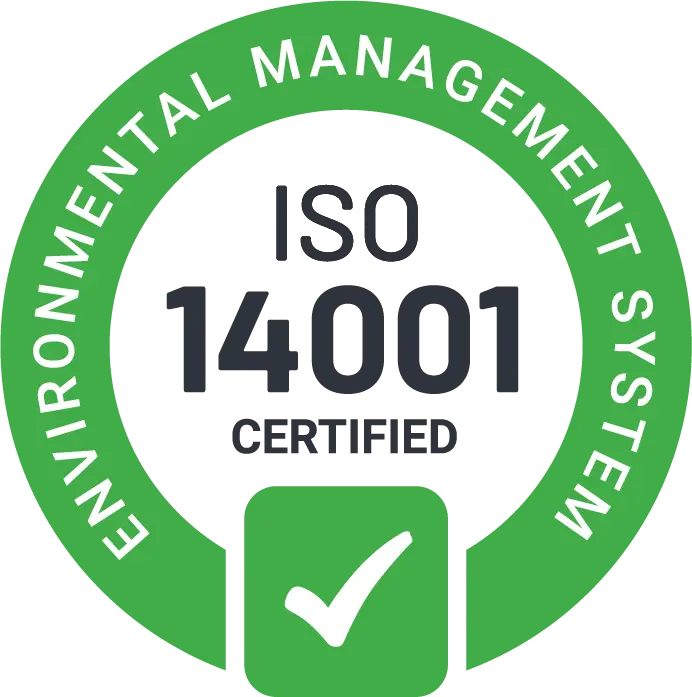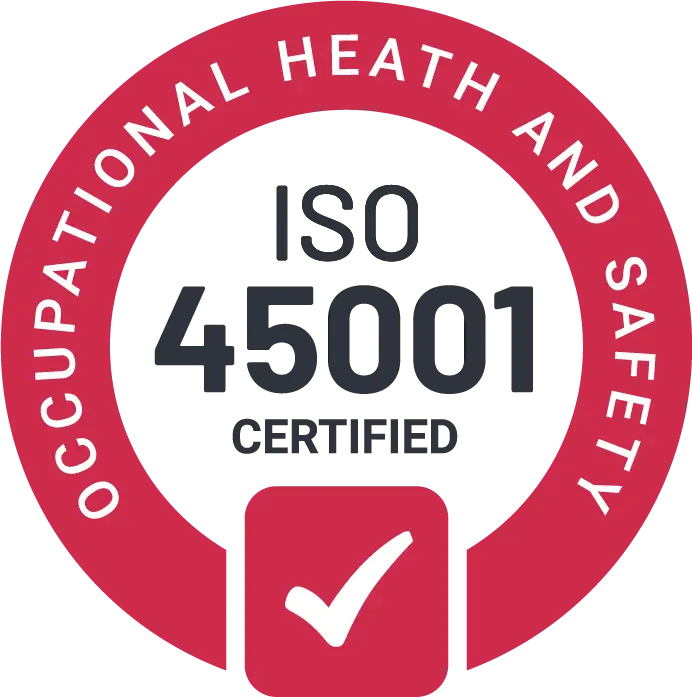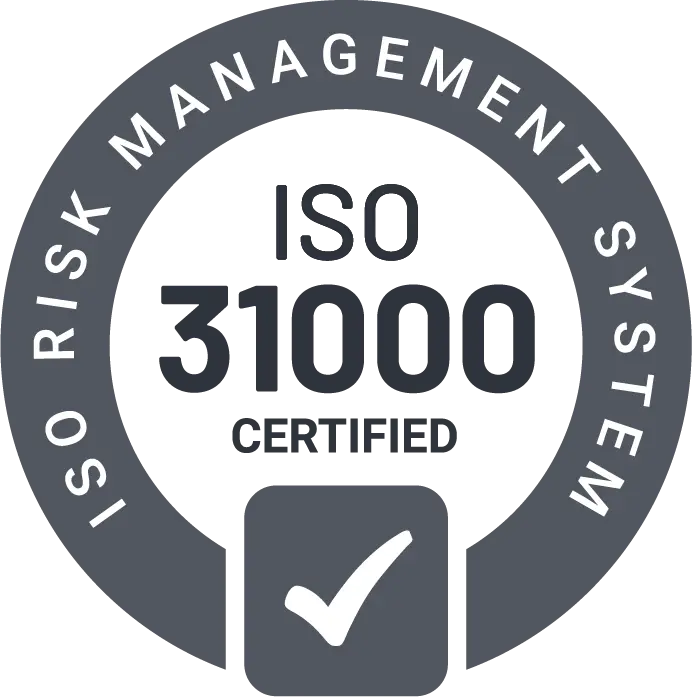Introduction
Imagine a world where every time a customer engages with your business, they walk away satisfied and thrilled. In today’s competitive landscape, achieving this level of customer satisfaction isn’t just a nice-to-have; it’s essential for long-term success. As a seasoned ISO Standards Advisor at BCI CERT, I’ve witnessed firsthand the transformative power of ISO 9001 in organizations across various industries—from the precision-driven realms of Aerospace and Automotive to the fast-paced and ever-evolving fields of IT and Cybersecurity.
But let’s face it: implementing a standard like ISO 9001 can seem daunting.
The jargon, the documentation, and the compliance checks can feel like navigating a labyrinth. However, like a master craftsman who sees the finished sculpture within a block of marble, I see ISO 9001 as the chisel that reveals an organization’s potential to deliver consistent, high-quality products and services.
At BCI CERT, we’ve helped companies in industries ranging from the Oil and Gas industry to the Pharmaceutical sector not only meet but exceed the stringent requirements of ISO 9001, turning quality management into a cornerstone of their customer satisfaction strategy.
Understanding ISO 9001: A Strategic Advantage
When you think of ISO 9001, think of it as a blueprint for building a skyscraper. The foundation must be solid, and every detail must be meticulously planned and executed. ISO 9001 provides a robust foundation for quality management, ensuring that every brick laid contributes to a tall structure that withstands the test of time.
The core principles of ISO 9001—customer focus, leadership, engagement of people, process approach, improvement, evidence-based decision-making, and relationship management—are not just abstract concepts. When applied, they are practical guidelines that can turn an organization into a well-oiled machine, driving customer satisfaction through every interaction and product delivered.
For instance, in the Automotive industry, where precision and consistency are non-negotiable, ISO 9001 has helped manufacturers align their processes with customer expectations, leading to fewer recalls and higher customer loyalty. Similarly, in the Construction industry the standard has been instrumental in ensuring projects are completed on time and within budget, with a focus on safety and quality that keeps clients coming back.
Implementing ISO 9001: Best Practices and Common Pitfalls
Implementing ISO 9001 is akin to embarking on a journey. The road ahead is filled with potential pitfalls, but it can also be incredibly rewarding with the right preparation and mindset. At BCI CERT, we’ve guided numerous organizations through this journey, helping them navigate the challenges and emerge stronger on the other side.
One common pitfall is viewing ISO 9001 as a box-ticking exercise rather than a strategic tool. For example, I’ve seen companies in the manufacturing and logistics sectors struggle because they treat the standard as merely a compliance requirement. They focused on the documentation but failed to embed the principles into their organizational culture. The result? Missed opportunities for improvement and a lack of genuine customer satisfaction.
However, when companies fully embrace ISO 9001—when they involve their employees in the process, listen to customer feedback, and commit to continuous improvement—the transformation is profound. I remember working with a company that initially resisted change in the Medical Devices industry. However, they became staunch advocates once they saw how ISO 9001 could streamline their processes, reduce errors, and enhance product quality. Their customer satisfaction scores soared, and so did their reputation in the market.
Measuring and Monitoring Customer Satisfaction through ISO 9001
In the world of ISO 9001, data is your compass. Just as pilots rely on instruments to navigate turbulent weather, organizations must rely on data to guide their quality management efforts. But it’s not just about gathering data—it’s about using it effectively to make informed decisions that improve customer satisfaction.
At BCI CERT, we emphasize the importance of robust measurement systems. Whether it’s customer satisfaction surveys in the IT sector or Net Promoter Scores in the Food and Agriculture industries, the goal is to capture insights that can drive real change.
One vivid example is the aerospace industry, where a client used ISO 9001 to implement a feedback loop as precise as their engineering processes. By closely monitoring customer feedback and acting swiftly, they could reduce defects, enhance safety, and consistently deliver on their promises. The result? A significant boost in customer trust and loyalty.
The Long-Term Impact of ISO 9001 on Customer Satisfaction
SO 9001 isn’t just a quick fix—it’s a long-term investment in your organization’s future. Like planting a tree, the benefits may not be immediately apparent, but they grow and bear fruit over time, providing shade, stability, and sustenance for years to come.
In industries like Oil and Gas or Pharmaceuticals, where the stakes are high, ISO 9001 has proven to be a game-changer. It instills a culture of continuous improvement, where every employee, from the shop floor to the executive suite, is focused on delivering quality and enhancing customer satisfaction. Over time, this culture becomes ingrained, leading to not just satisfied customers but raving fans who are eager to do business with you again and again.
At BCI CERT, we’ve seen this long-term impact in action. In the energy sector, for example, companies that embraced ISO 9001 early on consistently outperformed their competitors, not just in terms of customer satisfaction but also in profitability and market share. They’ve built trust with their customers, and that trust has translated into long-term loyalty and business growth.
Conclusion
In closing, ISO 9001 is more than just a standard—it’s the key to unlocking unmatched customer satisfaction. By aligning your organization with its principles, you can build a foundation of quality that supports your strategic goals, enhances your reputation, and drives long-term success.
At BCI CERT, we’re here to guide you on this journey. Whether you’re in Aerospace, Construction, IT, or any of the diverse industries we serve, our expert auditors can help you turn ISO 9001 from a compliance obligation into a strategic advantage. The question now is, are you ready to take the next step towards unmatched customer satisfaction?












